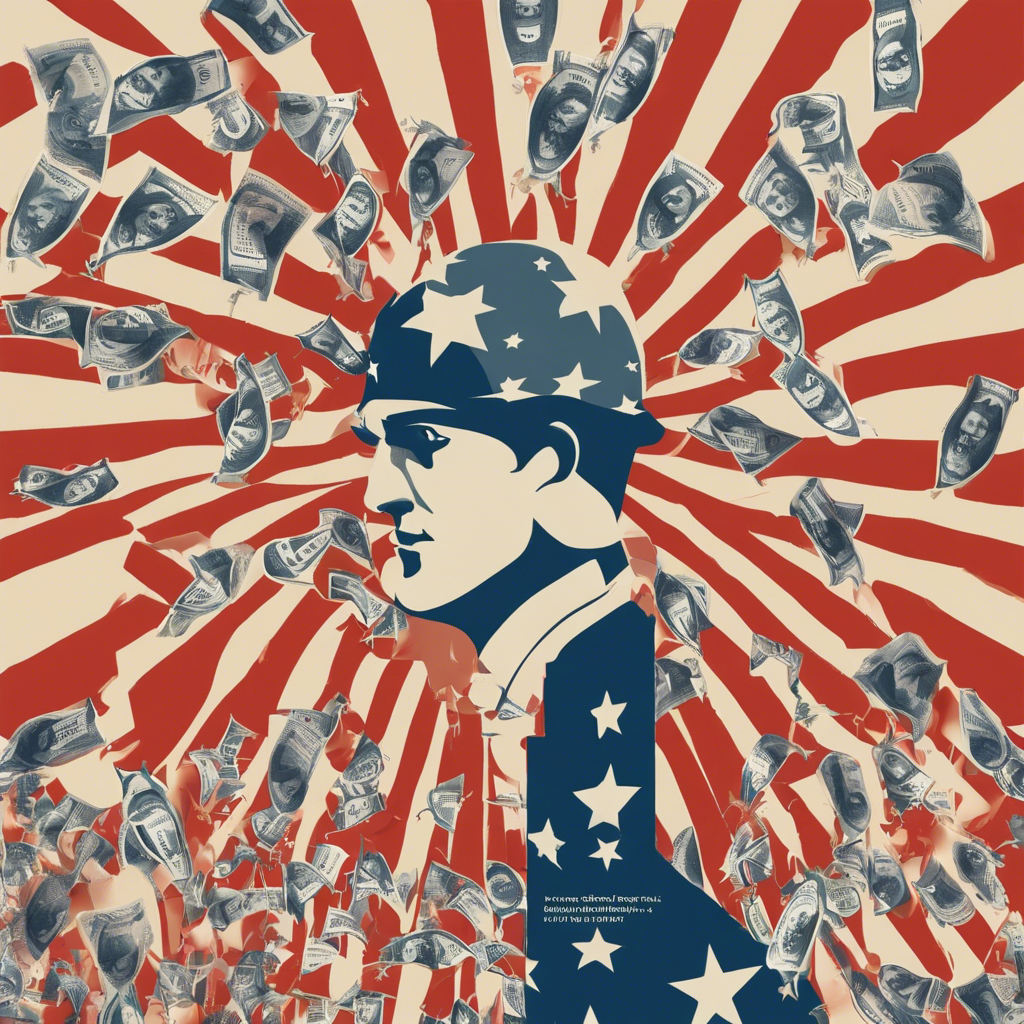The Perception Gap: How Political Beliefs Shape Americans’ Views on the Economy

Exploring the Discrepancy Between Economic Data and Public Sentiment in the US
In a world where economic indicators like GDP growth and employment rates suggest a robust economy, many Americans still believe that the economy is in dire straits. This perception gap between actual economic data and public sentiment raises the question: Should we believe Americans when they say the economy is bad? This article delves into the influence of political beliefs on individuals’ perception of the economy and explores the factors that contribute to this discrepancy.
1: The Influence of Political Beliefs on Economic Perception
Americans’ political beliefs often shape how they view the economy. Research has shown that individuals tend to interpret economic data through the lens of their political ideology. For example, conservatives are more likely to view the economy positively when a Republican is in power, while liberals are more inclined to see the economy favorably under a Democratic administration. This partisan bias can lead to a stark contrast in economic perception, regardless of the objective economic conditions.
2: Perceived Economic Challenges vs. Objective Indicators
Despite positive economic indicators such as GDP growth and low unemployment rates, many Americans still perceive the economy as worse than it objectively appears. The article suggests several reasons for this perception gap. Firstly, income inequality and wage stagnation play a significant role in shaping individuals’ economic outlook. While the overall economy may be growing, if the benefits are not evenly distributed, it can lead to a sense of economic hardship among certain groups.
3: The US vs. Other Countries
The article also explores the discrepancy between the US and other countries facing similar inflation challenges. It highlights that Americans tend to be more expressive in their responses, meaning they are more likely to voice their dissatisfaction with the economy even when objective indicators suggest otherwise. This expressive responding can contribute to the perception of a worse economy compared to countries where people may be more reserved in expressing their economic concerns.
4: The Role of “Expressive Responding”
“Expressive responding” refers to the tendency of individuals to express their economic sentiment based on their emotions and personal experiences rather than objective economic data. This concept plays a crucial role in the disparity between actual economic conditions and public perception. Individuals’ personal economic struggles, such as high healthcare costs or student loan debt, can overshadow positive economic indicators, leading them to believe that the economy is worse than it actually is.
Conclusion:
The perception gap between economic data and public sentiment in the US is a complex phenomenon influenced by individuals’ political beliefs, income inequality, and the concept of expressive responding. While objective economic indicators may suggest a strong economy, personal experiences and emotions often shape individuals’ perception of the economy. This article highlights the need to consider the influence of political ideology and personal circumstances when analyzing public sentiment about the economy. Understanding these factors can provide a more nuanced perspective on the economic landscape and bridge the gap between economic data and public perception.

